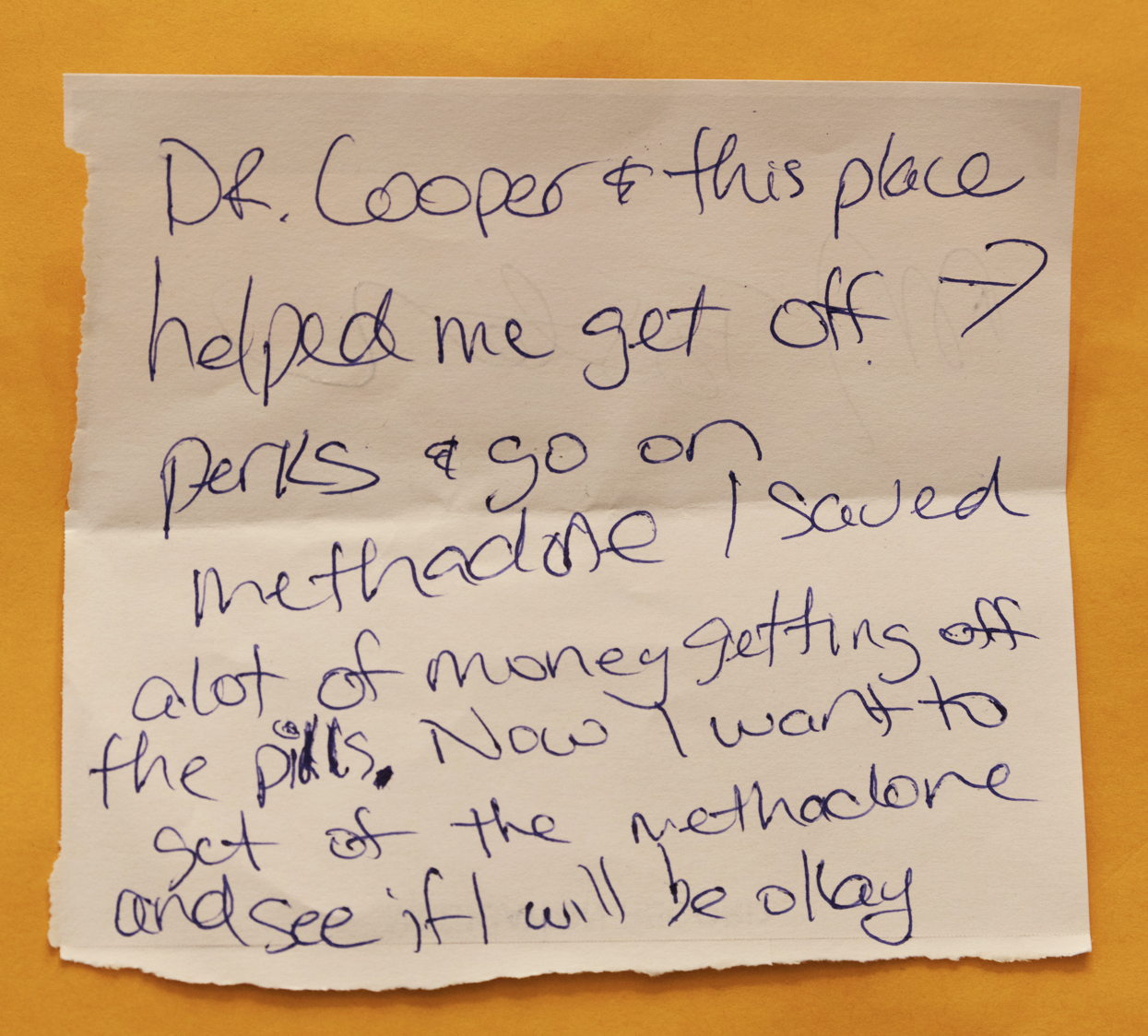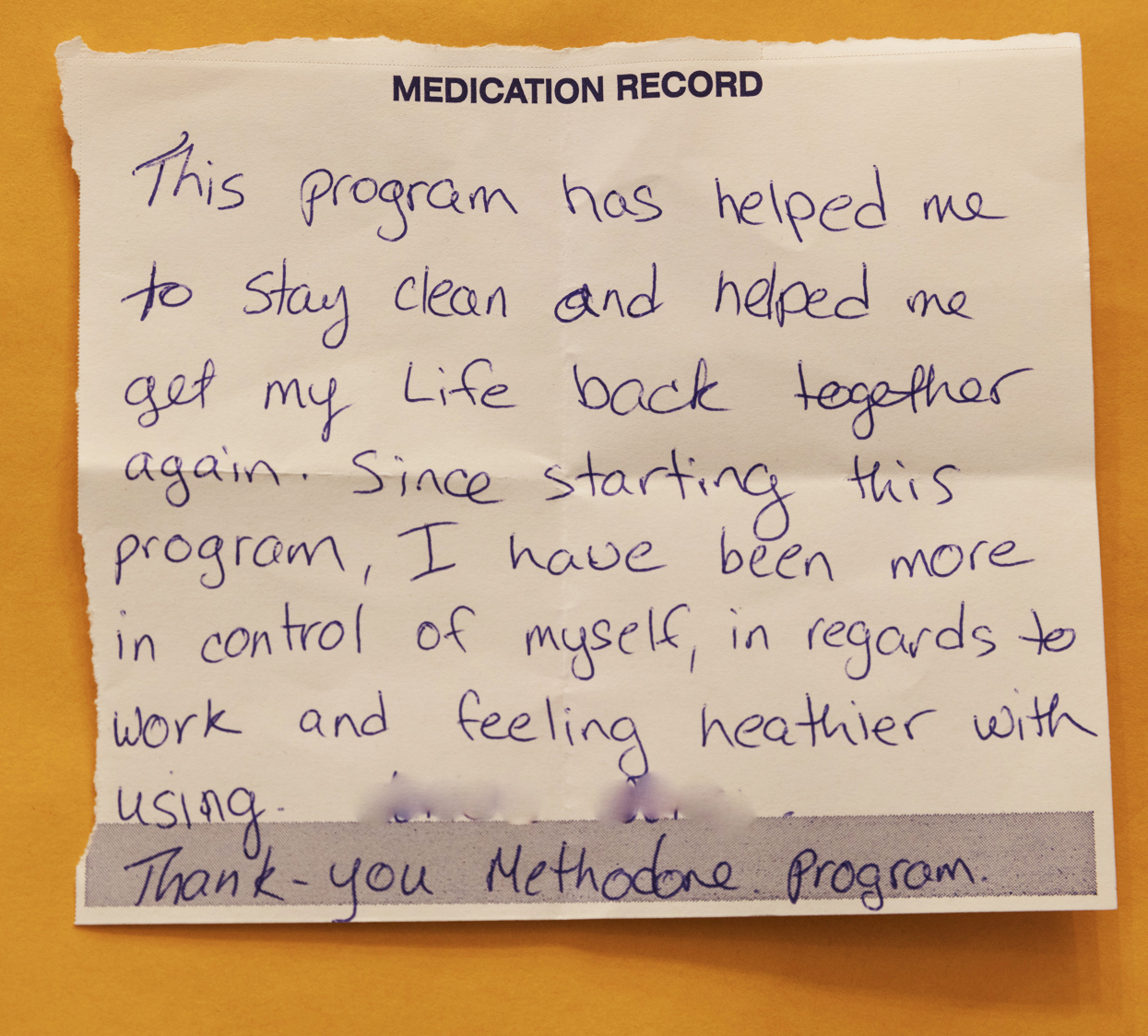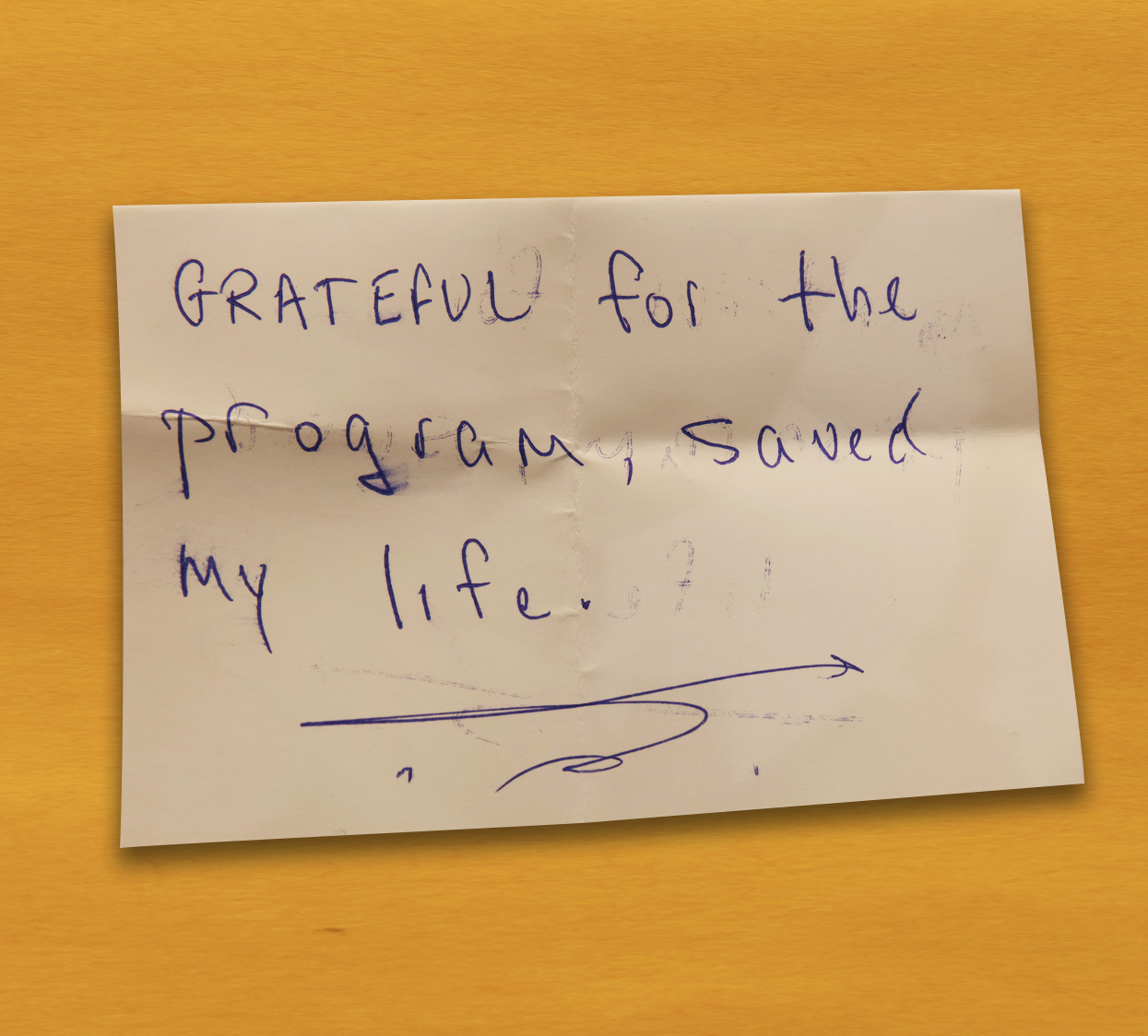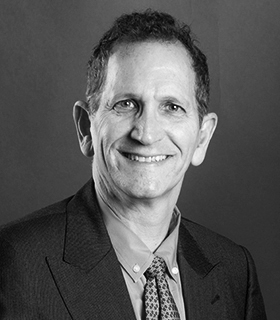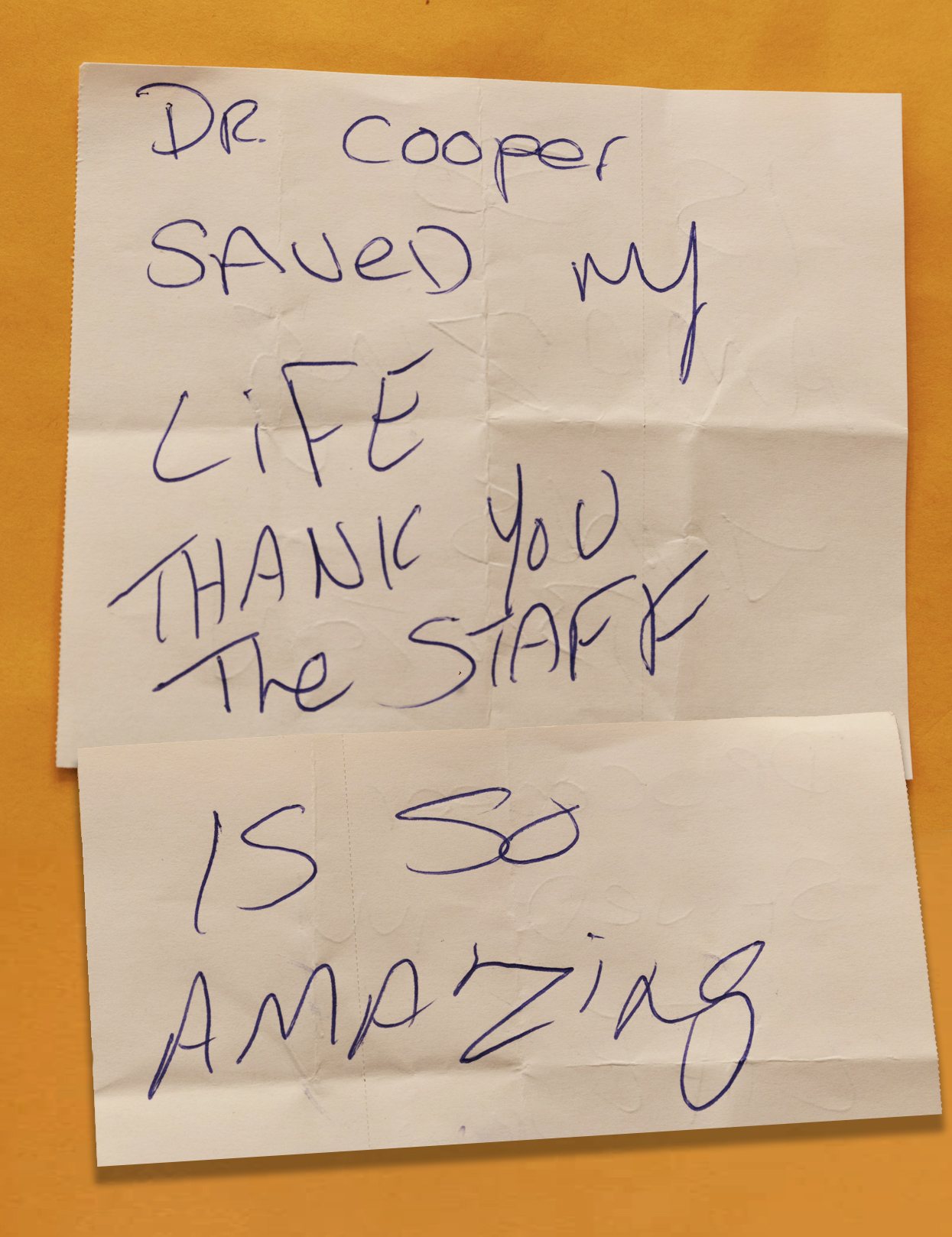Dufferin St. Clair Community Clinic provides individualized care people suffering from opiate addiction. Our caring physicians and staff are here to help you get better. If you think you have an opiate problem, you have probably already waited too long. Come in today and get the help you need. We will help you decide which treatment is right for you.
We offer you a safe, and comfortable environment to help you get better. You are your own person. We help you address your individual needs and recovery. We help you discover what will work for you. Walk in any time we are open and we will do our best to start you on your road to recovery. Our goal is to start your addiction treatment the same day.
We perform a thorough intake assessment with each individual and together formulate a treatment program that is best aligned with the patient’s medical history and recovery goals. We provide a supportive and non-judgemental atmosphere that is committed to treating each person with the utmost respect, dignity, and compassion.
